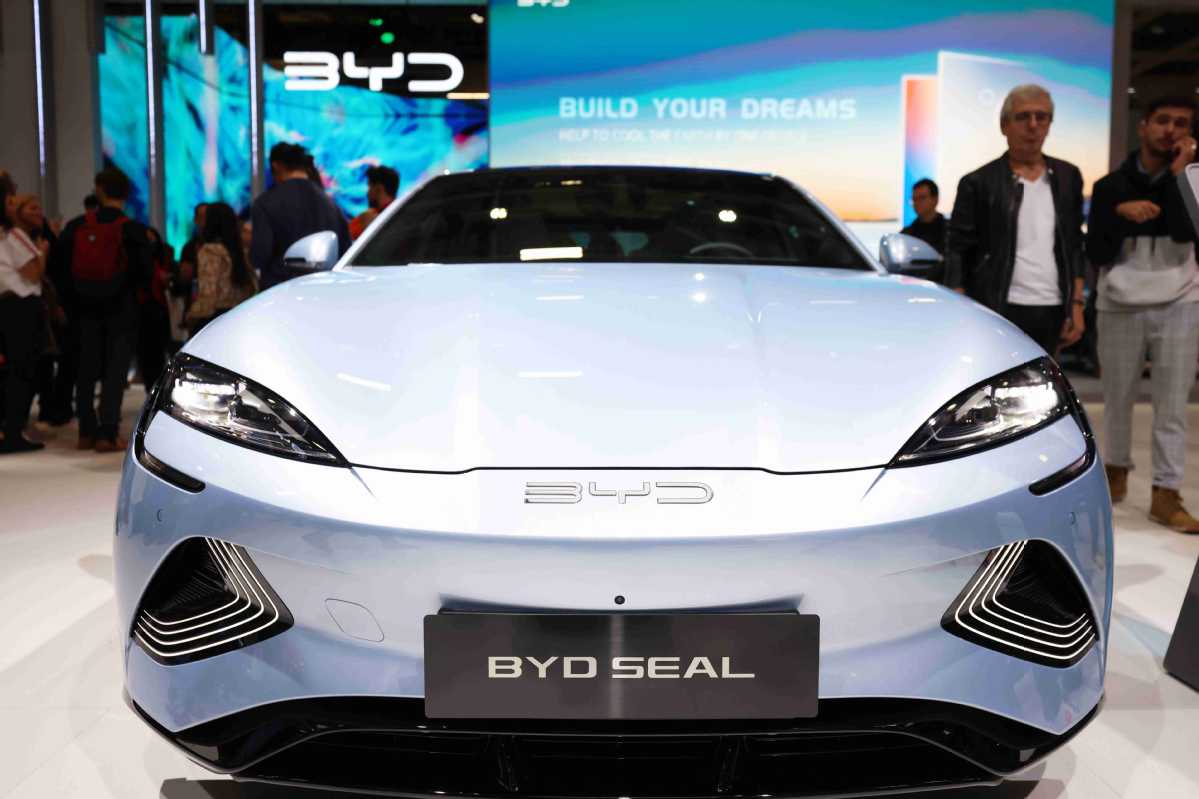EV manufacturers are competitors, not rivals


It is understandable of the United States, which always places its own security over that of others, to seek to extend its electric vehicle industry and supply chains to include the cobalt mines of Africa, which are critical for the manufacture of lithium-ion batteries.
It also makes sense for the US to seek the help of companies in Saudi Arabia to tap the mines in the Democratic Republic of Congo, Guinea and Namibia, countries with which China also has good relations and business ties.
However, the price the US is paying, which is not just in dollars, is rather high. For some time now, the US and Saudi Arabia have not been on the best of terms because of differences on issues such as the Ukraine crisis and oil prices. During the last presidential election, then Democratic contender Joe Biden had even vowed to "make a pariah out of" Saudi Arabia.
The US Department of Justice used to blame certain African countries for "rampant corruption", but they have now decided to invest in these countries, albeit by taking the help of Saudi Arabian companies that are "more flexible" as a report in The Wall Street Journal put it.
It may not be right of the US to point an accusing finger at others, but since the Biden administration claims to be the defender of truth, to give it all up will only curb domestic support and make it worse for its already divided society.
Despite all the adjustments it makes, the US is still not sure about winning the EV race against China, as the battery industry chain also involves factors such as labor forces, minerals and management, and the US cannot dominate them all by just taking away some mines.
That's a common dilemma the US faces, namely paying too high a price to contain imaginary enemies. China has always kept an open mind to global competition, but the US needs to know that competition is not rivalry, and containing China won't help it prosper.

































